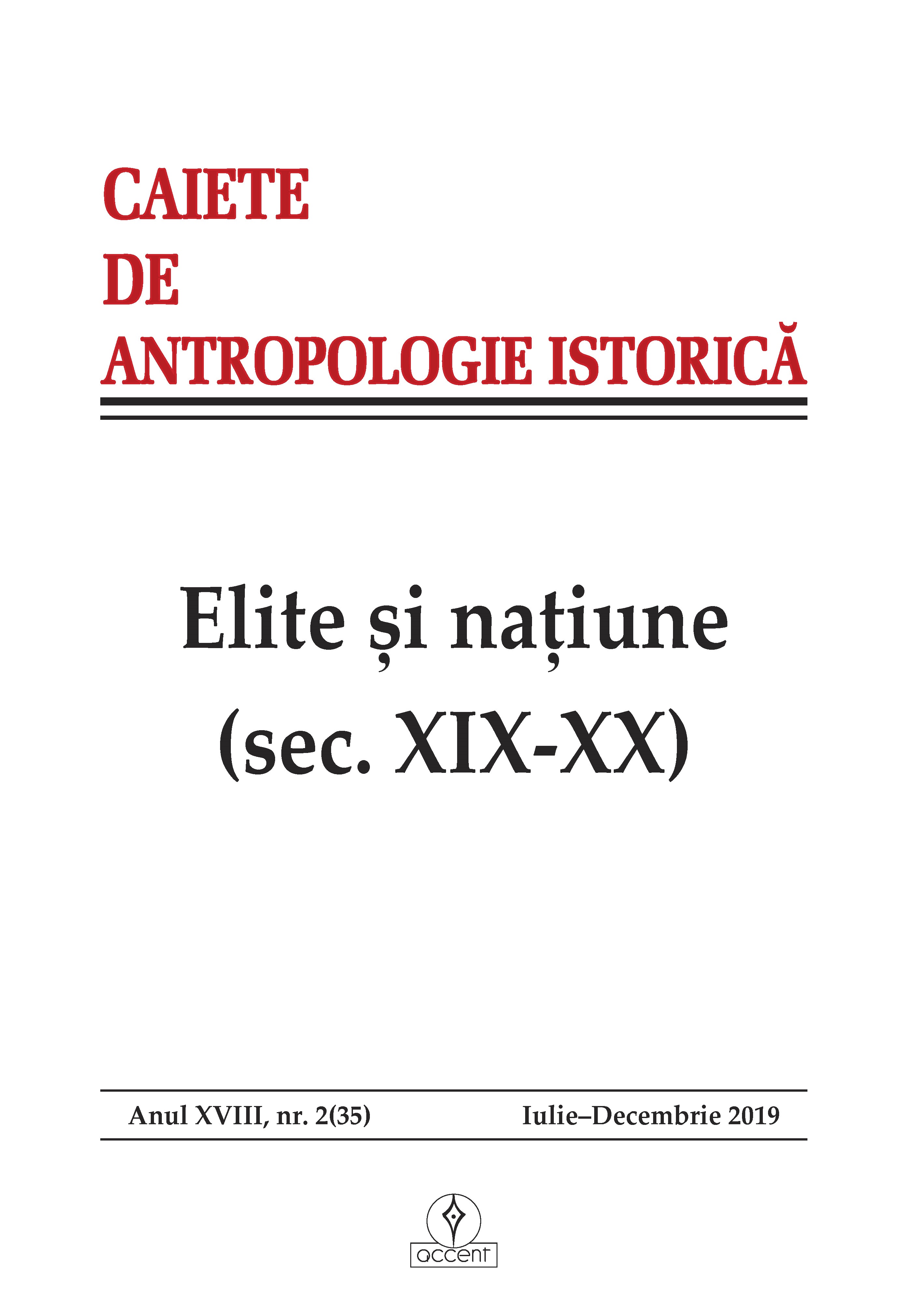Istoria ca datorie patriotică – Silviu Dragomir (1 martie 1888, Gurasada – 23 februarie 1962, București)
History as a Patriotic Duty – Silviu Dragomir (March 1, 1888, Gurasada – February 23, 1962, Bucharest)
Author(s): Greta-Monica MironSubject(s): Cultural history, History of ideas, Local History / Microhistory, Political history, Recent History (1900 till today), Higher Education , History of Education, 19th Century
Published by: Accent Publisher
Keywords: historian; Silviu Dragomir; University of Cluj; university professor; church history; La Revue de Transylvanie;
Summary/Abstract: The study represents an excursion into the biography of a great Transylvanian historian, former professor at the University of Cluj: Silviu Dragomir. His life started in a village from the Hunedoara region. He descended from a family of notaries, who encouraged him to study seriously. The path of Silviu Dragomir’s studies is interesting. He studied in Blaj, Novi Sad, then in Cernăuți, where he studied theology. His passion for historical studies led him to Vienna. He visited the archives of Karlowitz and those of Moscow, devoting himself to the history of the church. This was, in fact, the discipline that he taught as a new professor at the Orthodox Theological Institute in Sibiu in 1911. If the studies of church history reveal the confessional attachment of the historian involved in the life of the Orthodox Church, another direction of research, which extended over several decades, namely the 1848 revolution, is linked to his political beliefs. Formed in a period when Transylvania was integrated into the Austro-Hungarian Empire, he devoted his entire life in writing and through political activity to the political and cultural affirmation of the Romanians. Silviu Dragomir expressed his interest in the national and political struggle in the decade before 1918, in accordance with the political activism of a group of Romanian young people at the time, focusing on the political movement at the time of the Supplex, which, in his opinion, prefaced the political program of the revolution of 1848. He approached the personality of Avram Iancu with an assumed subjectivity, he tried to understand him based on his own experience and acknowledged the considerable influence that Avram Iancu exercised on himself and his generation. He supported the union of Transylvania with Romania through his writings of 1918, through the contributions to "Gazeta Poporului” from Sibiu (to which he contributed as a founder) and then through the participation in the Great National Assembly of Alba Iulia. He was elected secretary and then head of the press office of the Governing Council. His own career began in 1919, when he became a professor of history of the peoples in South-Eastern Europe at the Faculty of Letters and Philosophy of the University of Cluj. In the political and institutional environment of Greater Romania, as a professor and researcher, he illustrated, together with Alexandru Lapedatu and Ioan Lupaș, the new study direction meant to establish the place and role of Transylvania in the Romanian historical life, the originality of the Romanian civilization, a direction that gave history the role of legitimizing the present. The political finality of his historical writings is highlighted by the contributions to "La Revue de Transylvanie”, established with his help in 1934. Dedicated to informing the Western public about Transylvanian issues (ethnic, minority-majority relations), the magazine reflected the tensions in the Romanian-Hungarian political relations of those years and, therefore, had the role of counteracting the increasingly active propaganda of the Hungarian state that notified the international courts regarding the Romanian state policy towards the minorities.
Journal: Caiete de Antropologie Istorică
- Issue Year: 2019
- Issue No: 35
- Page Range: 139-160
- Page Count: 22
- Language: Romanian

